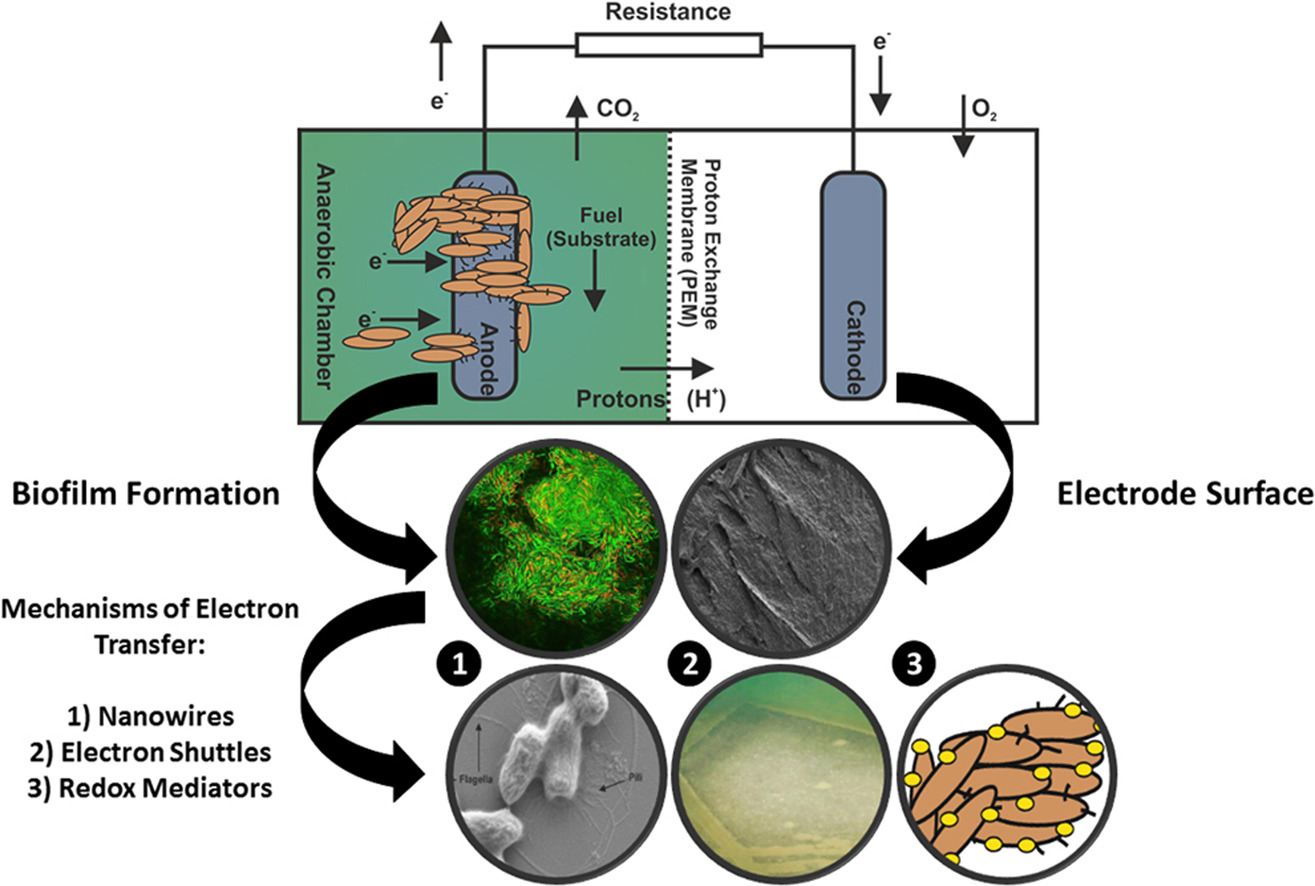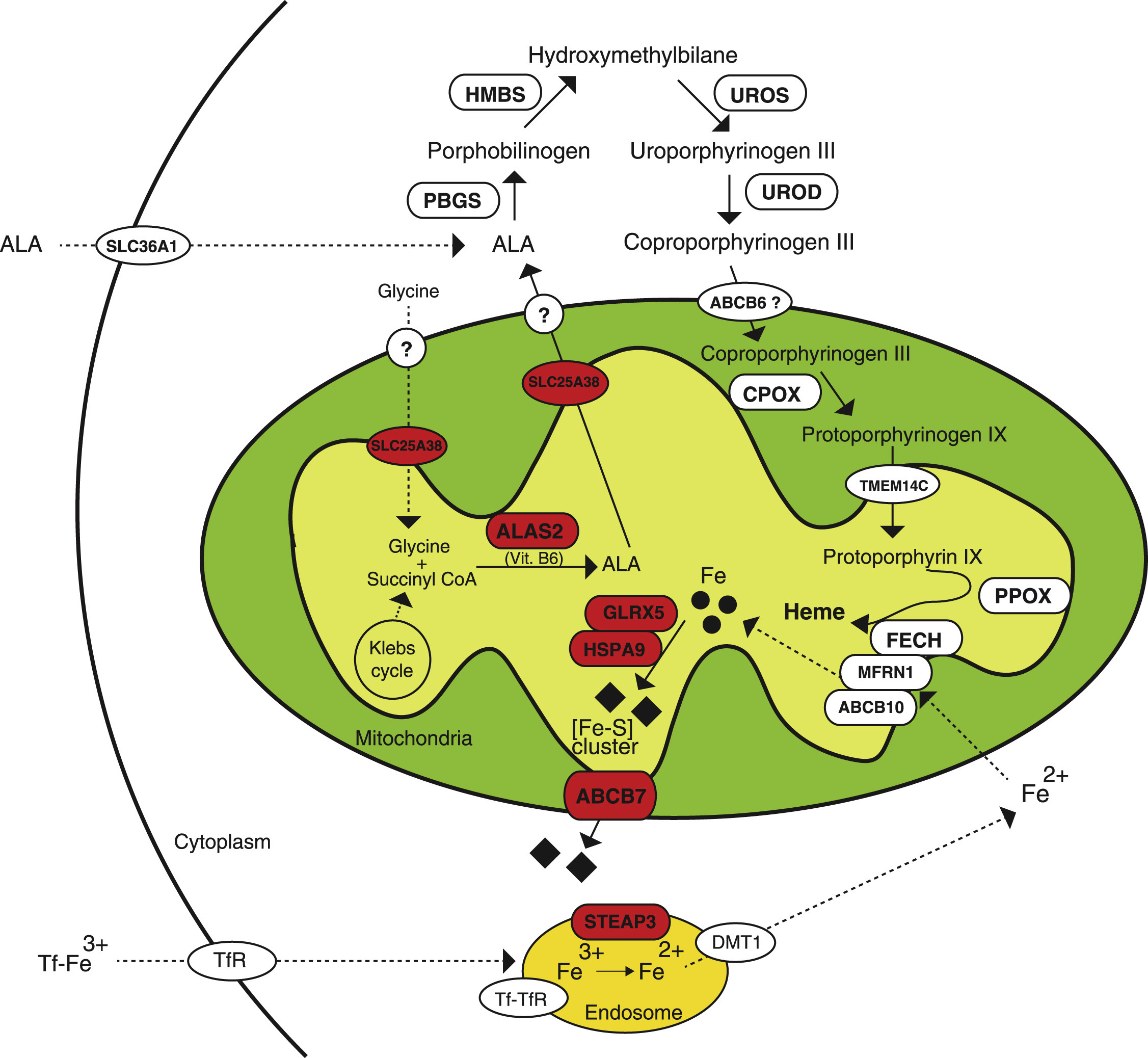TrAC - Trends in Analytical Chemistry, Volume 112, March 2019
Plastics are a frequently observed component of marine debris and there is growing concern about microplastic (MP) ecotoxicity, and the impacts of additives, sorbed hazardous organic contaminants, heavy metals, and biofilm on MP surfaces. The relative importance of MP from different terrestrial and freshwater sources is poorly understood and limits our ability to develop best management practices.
Energy and Buildings, Volume 186, 1 March 2019
With growing health risks from rising temperatures in the Global South, the lack of essential indoor cooling is increasingly seen as a dimension of energy poverty and human well-being. Air conditioning (AC) is expected to increase significantly with rising incomes, but it is likely that many who need AC will not have it. We estimate the current location and extent of populations potentially exposed to heat stress in the Global South.
Materials Today Sustainability, Volume 3-4, March 2019
The built environment is responsible for large negative ecological impacts due in part to the vast amount of materials used in construction. Concurrently, construction and demolition activities result in vast amounts of materials being buried, burnt, and dumped. It is essential therefore to analyze the impact of building materials acquisition, use, and transformation on the ecosystems people inhabit and rely upon for well-being. Typically, this is examined in terms of material use, energy use, and emission of pollutants including greenhouse gases.
Neuron, Volume 101, 20 March 2019
Altered synaptic structure and function is a major hallmark of fragile X syndrome (FXS), autism spectrum disorders (ASDs), and other intellectual disabilities (IDs), which are therefore classified as synaptopathies. FXS and ASDs, while clinically and genetically distinct, share significant comorbidity, suggesting that there may be a common molecular and/or cellular basis, presumably at the synapse.
She Ji, Volume 5, Spring 2019
There is a metabolic rift running through our economy and culture, and it is distracting our attention from care for the biosphere. To heal this rift, the diverse groups of people that make up humankind need a shared purpose that everyone can relate to and support. A strong candidate for that shared purpose is care for the bioregion—bioregioning—as an activity that creates value.
Renewable and Sustainable Energy Reviews, Volume 101, March 2019
Research into alternative renewable energy generation is a priority, due to the ever-increasing concern of climate change. Microbial fuel cells (MFCs) are one potential avenue to be explored, as a partial solution towards combating the over-reliance on fossil fuel based electricity. Limitations have slowed the advancement of MFC development, including low power generation, expensive electrode materials and the inability to scale up MFCs to industrially relevant capacities. However, utilisation of new advanced electrode-materials (i.e.
Free Radical Biology and Medicine, Volume 133, March 2019


